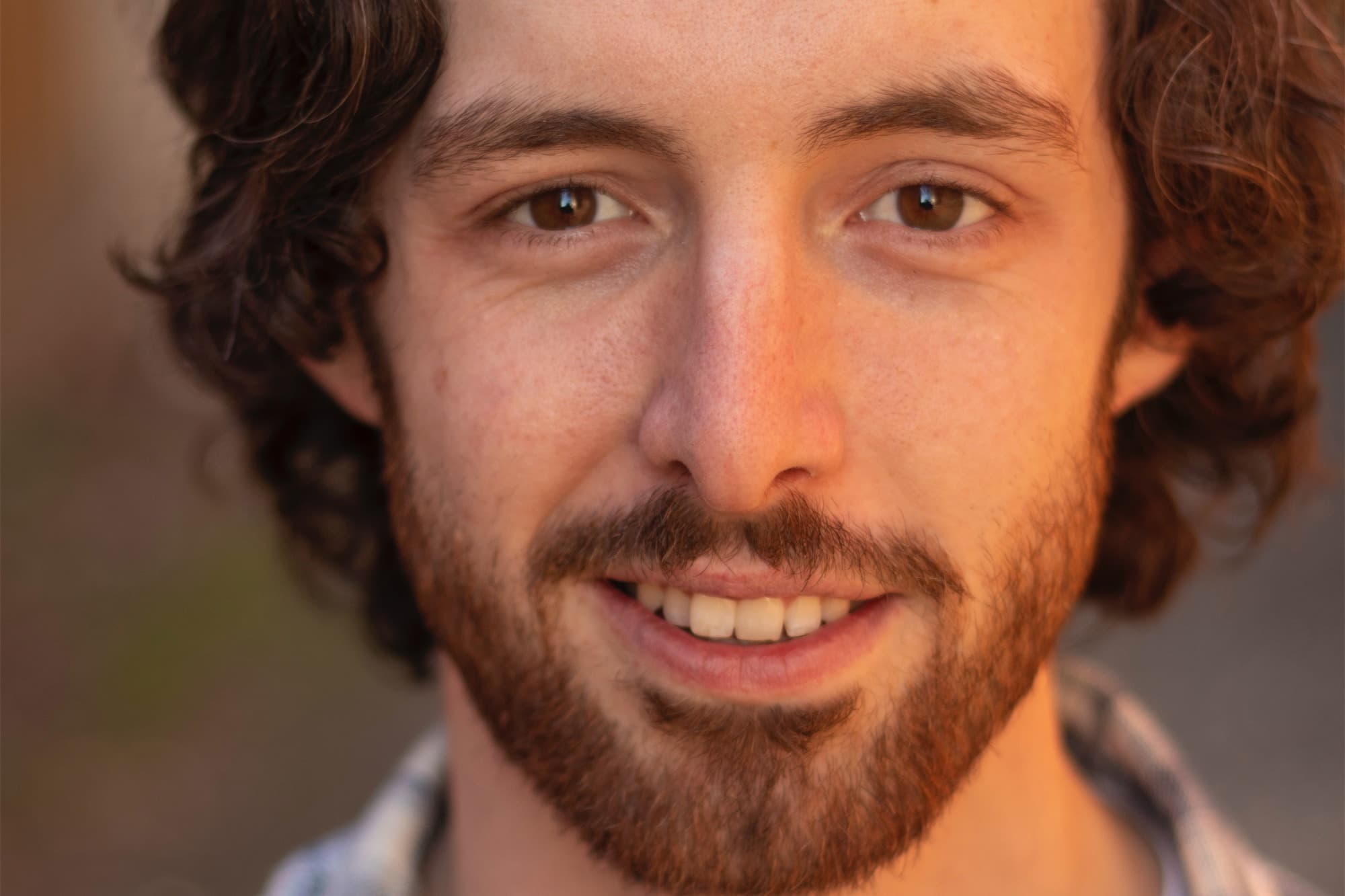- Legacy Blog
- How To Be Funny
Tuesday, October 15, 2019
How To Be Funny

 Being funny is not easy. I do not say this because of the "sad clown" myth or the tale of Pagliacci or the fact that participation in any comedy circuit is a largely thankless task. I say it because being funny is, on a fundamental level beyond the professional sphere, the product of hours upon hours of effort.
Being funny is not easy. I do not say this because of the "sad clown" myth or the tale of Pagliacci or the fact that participation in any comedy circuit is a largely thankless task. I say it because being funny is, on a fundamental level beyond the professional sphere, the product of hours upon hours of effort.
I have heard it said that "you can’t teach funny". I reject this attitude; it begins from a false premise. The question the people that say this should be asking is "can you learn funny?" The answer to that question is undoubtedly yes. It is proven by the fact that funny people exist. If we accept that the way a human being acts is the product of all that they have learnt (a stance that any amount of armchair psychology will vindicate), then it stands to reason that a funny person, at some point, learned how to be funny. How? Simple. Whether they noticed they were doing it or not, they paid attention.
If you look through the annals of history, any individual that is extraordinary in a particular field has one thing over those that were less extraordinary: they paid more attention to that field. Ford paid attention to efficiency, da Vinci paid attention to everything, the Dalai Lama paid attention to attention. All that a person who is funny has done is paid more attention to what is funny.
There is a quote about humour, attributed to either E.B. White or Mark Twain (and paraphrased all the way in between), that goes something like this:
“Analysing a joke is like dissecting a frog. You learn a lot, but the frog dies.”
The merits of this quote are obvious to anyone who has attended a bad open mic night. But to extend the analogy further, the entire field of amphibian biology tells us that if you dissect enough frogs you get pretty good at knowing what’s going on inside a frog without having to kill it. You end up with an internal reference sheet of frog anatomy that you can apply to any frog you see. You can spot a sick frog or a healthy frog from a mile off, and you’ll probably know the things you can give that frog to make the frog better if it needs some kind of improvement. In short, the more you think about jokes, the better you will be at making jokes.
In Donald Schön’s "Teaching Artistry Through Reflection-in-Action" – a chapter from 1987’s Educating the Reflective Practitioner – the author makes reference to a friend of his that is a tennis coach. This coach begins courses by having his pupils get to grips with the feeling of “hitting the ball right”. From this baseline of practical knowledge the students can intuit when they are hitting the ball wrong, and make corrections accordingly. So, too, with being funny.
What I am suggesting is essentially a mindfulness practice. What is being funny? It is the practice of making people laugh. I suggest, therefore, that any attempt to be funny begins with the conscious attempt to actively notice moments in which laughter occurs and consider what caused it to occur. Knowing this, you can attempt to replicate the event.
This is hard. This is unintuitive. You will fight the urge to barrel forward and continue inventing things in search of another laugh. You will become introspective at the point at which you should feel most connected. You will ruin an embarrassing number of conversations. You will kill uncountable frogs. But you will learn what funny means – to yourself as well as others.
This practice is taught in earnest during The Improv Conspiracy’s Level 3 improv class, which focuses on the game of a scene. In essence, what I’m describing is "framing" – identifying the part of a scene that makes it enjoyable to watch and play, then pointing it out so that it is apparent that you will continue to play with it. That said, you needn’t be in class to start noticing when things are funny, especially within such a rich community of practiced funny people. There are ample opportunities to find laughter being triggered, whether it be around the foyer where the crowd is cracking bits or in the theatre where one can observe the effect of actions on audiences. Should you wish to engage with the funny more directly and start honing your ability to "hit the ball right", I would strongly recommend finding your way on to the stage; take a class, attend a jam, start a team. Whatever you do, don’t shy away from people that make you laugh.
"Funny people" have been framing things, consciously or not, since the moment they first made a parent chuckle. Since then they have listened for the laugh – and not just in others, but in themselves. Like a skilled illustrator who started drawing in preschool and never really stopped, they have accidentally developed a competence they never aimed to gain. They have not sought the laugh, but they have stumbled upon it. Knowing where it is, they have been able to find it again. In connecting to the fertile land they have learned the roads of humour, and this does not mean that you can’t learn them too.
Being funny is not an ephemeral, inborn talent – it is a skill. Get curious, start exploring, and listen.
Previous Post
Dealing With NervesNext Post
Just Freakin' Try!